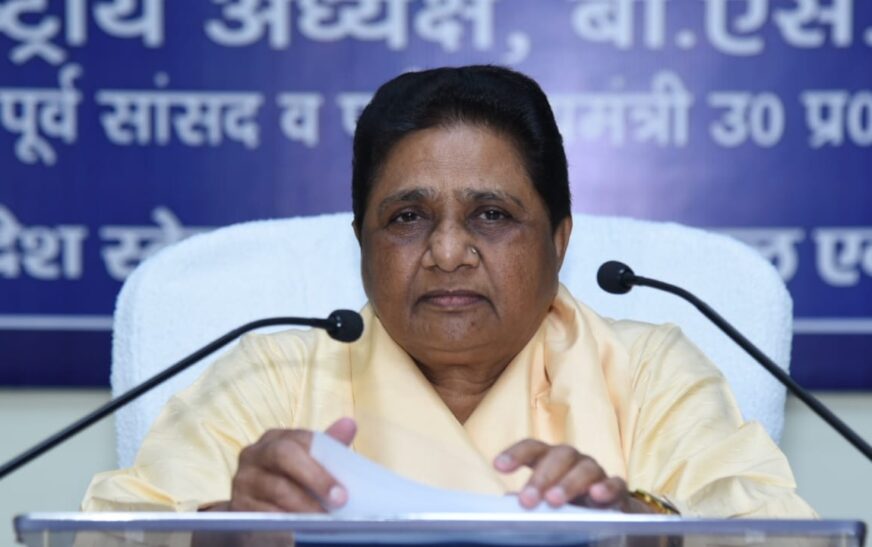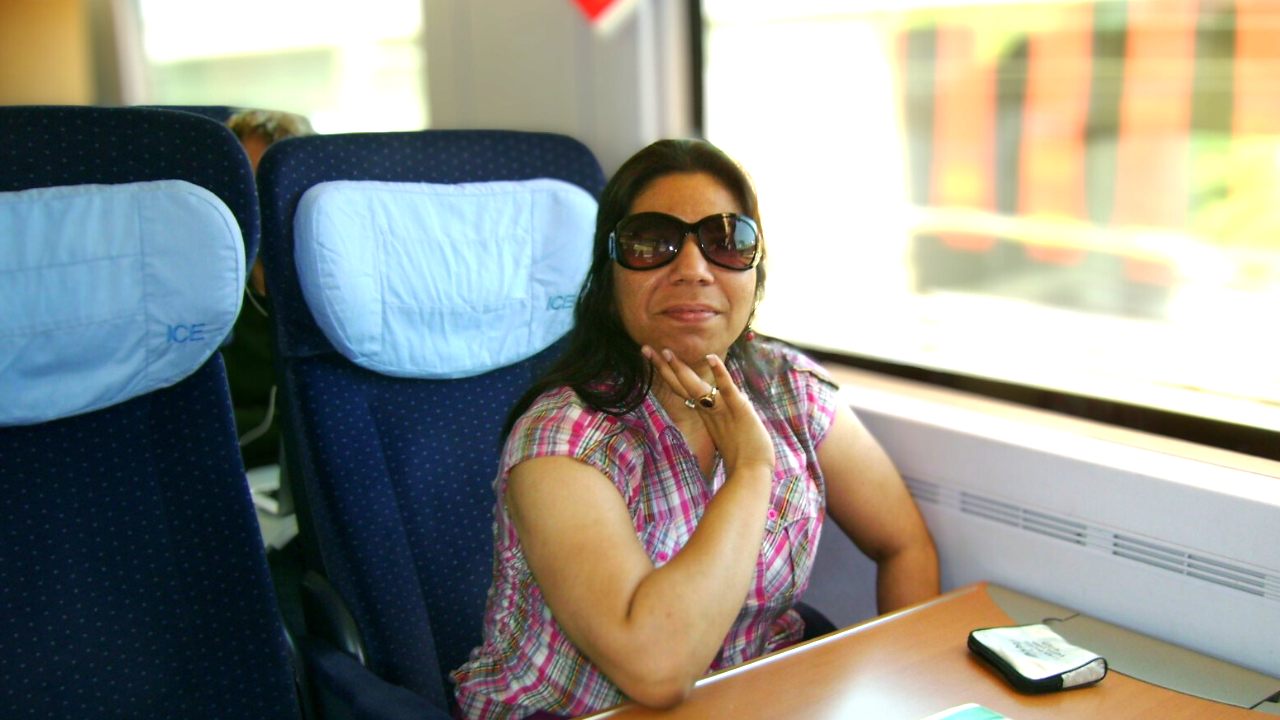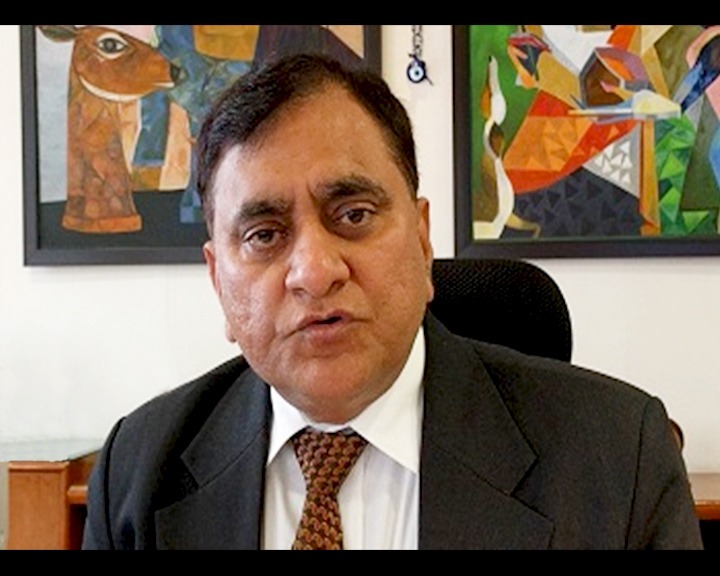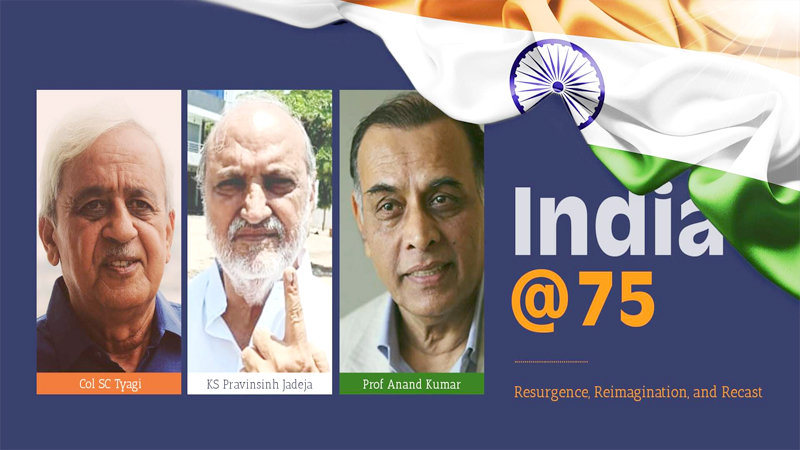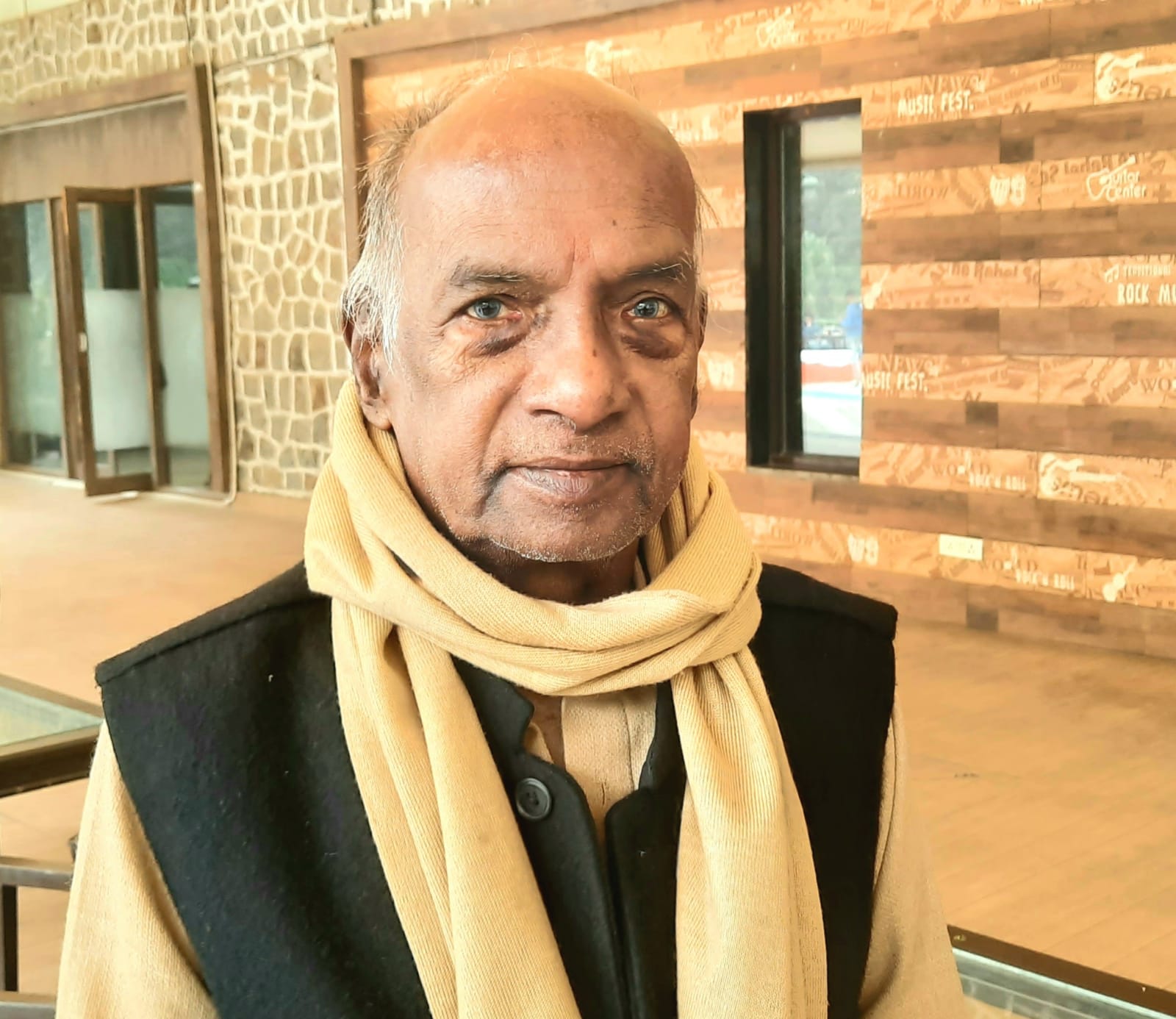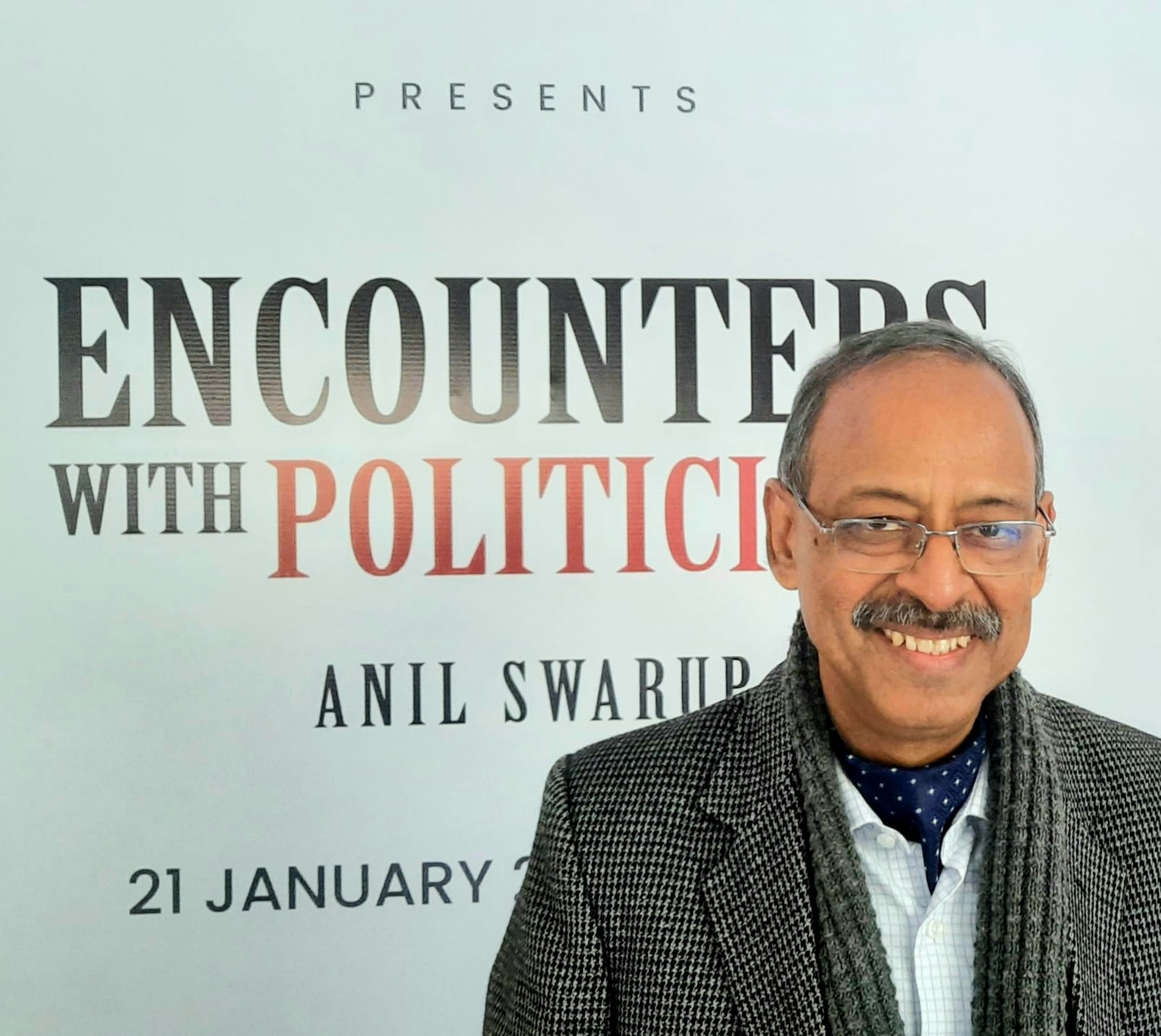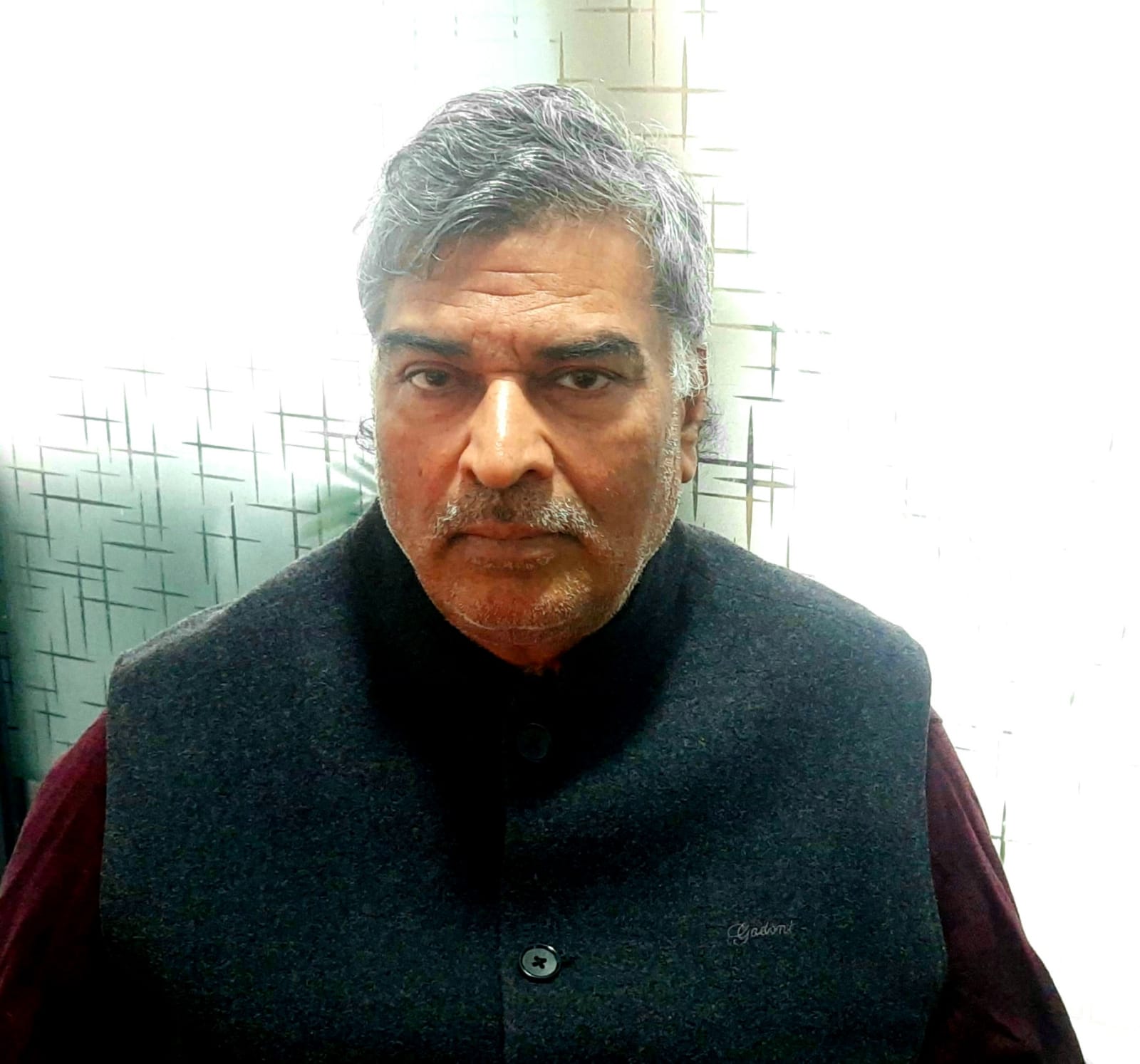Once hailed as a champion of the marginalized, Mayawati now grapples to retain relevance in heartland politics following a decade of electoral setbacks. The Bahujan Samaj Party (BSP), once a formidable force that ushered in the country’s sole Dalit woman Chief Minister in 1995, now casts a mere shadow of its former self.
In 2007, the BSP etched its name in history by clinching power in Uttar Pradesh independently, marking a significant milestone for Dalits. Mayawati’s tenure from 1995 to 2012 as Chief Minister marked her fourth term, a feat unparalleled in India’s political history among Dalit leaders.
Despite prior instances of Dalit Chief Ministers like D. Sanjivayya in Andhra Pradesh and others, none held office as frequently as Mayawati. However, over the past decade, Mayawati has weathered successive electoral defeats in the Assembly elections of 2012, 2017, and 2022. In attempts to stay relevant during the ongoing seven-phased Lok Sabha elections, she has experimented with various strategies. Nonetheless, several factors have contributed to her waning influence in Dalit politics.
The BSP’s previous success with the “Brahmin Bhaichara Sammelan” was eroded as Brahmins shifted allegiance to the BJP, though S.C. Mishra remains with the BSP. Furthermore, her endeavors in social engineering, including outreach to Muslims and Extremely Backward Classes (EBCs), failed to yield desired results. Non-Jatav Dalits and EBCs swayed towards the BJP, while Muslims predominantly favored the Samajwadi Party (SP), despite the BSP fielding a considerable number of Muslim candidates in recent elections.
A post-2022 assembly election analysis in Uttar Pradesh unravels an unprecedented crisis within the BSP. The party’s vote share nosedived to 12.88% in 2022, a stark decline from 22.2% in 2017, marking its lowest in three decades.
What explains Mayawati’s decline? Her vote share dwindled from a pinnacle of 30.4% in 2007 to 12.9% in the 2022 UP elections. A cynical interpretation suggests her reluctance to align against the BJP, fearing repercussions on her rapport.
Mayawati’s sudden decision to demote her nephew, Akash Anand, from his role as her successor and the party’s national coordinator during the 2024 election has left many bewildered. Just as Akash began resonating with Dalit youth through impassioned speeches and a bold stance against the BSP’s adversaries, Mayawati not only stripped him of significant responsibilities but also publicly admonished him as immature.
This move transpired over a week after Akash faced police charges for making incendiary remarks against the Bharatiya Janata Party (BJP) government during a rally in Sitapur. In his April 28 speech, Akash likened the BJP government to the Taliban in Afghanistan, accusing it of terrorist-like behavior.
In an exclusive exchange with senior journalist Ravindra Ojha representing The Interview World, BSP chief Mayawati launched simultaneous attacks on the BJP, Samajwadi Party, and Congress, underscoring her ongoing political strife.
Q: Will Modi secure a third term as Prime Minister with only a week remaining before the conclusion of the 2024 Lok Sabha elections?
A: While I cannot predict the future like an astrologer, I firmly believe that significant changes are imminent, evidenced by the profound silence of voters. Although they refrain from openly expressing their opinions, they meticulously observe every unfolding event.
In the context of the 2024 Lok Sabha elections, a notable departure from past electoral norms is evident. Instead of prioritizing the nation’s welfare and its citizens, political discourse has regrettably shifted towards a relentless cycle of allegations and counter-allegations. Such a trend is inherently detrimental to the democratic process.
Hence, I implore all political entities to realign their focus towards the collective welfare of the populace. While the ongoing campaign rhetoric may be brimming with assurances of victory from every corner, the ultimate truth lies solely in the ballot box.
All political factions must place paramount importance on fostering development and enhancing the quality of life for all citizens. Regardless of party affiliation, the BJP, Congress, and others alike proclaim their capacity to govern, yet the veracity of these claims will only be confirmed by the electoral outcome.
Q: What potential impact could the free ration scheme have on the BJP’s performance in the upcoming elections?
A: People are making inaccurate assertions about the engagement of BJP and RSS members with rural communities. They emphasize a supposed debt of gratitude owed to Prime Minister Narendra Modi for the provision of free rations. However, it’s imperative to clarify that neither the BJP nor Prime Minister Modi personally fund these provisions. Instead, citizens’ tax contributions to both state and central governments finance them.
Thus, it’s crucial for people not to perceive themselves as indebted to the government. Rather, they should understand that the rations they receive are derived from their own hard-earned money, redistributed by the government. Furthermore, while free rations provide temporary relief, they are not a sustainable solution for poverty alleviation. Consequently, the focus should be on creating employment opportunities in the long term to genuinely uplift the conditions of the impoverished.
Q: How is the BJP’s approach to Hindutva influencing its political strategy and public policies?
A: Absolutely. The political ideologies of the BJP and RSS are inherently geared towards fostering divisions, particularly between Hindus and Muslims. Consequently, the plight of Muslims and other minority groups has markedly worsened in recent years. Guided by the principles of Hindutva, the BJP’s policies have resulted in widespread oppression of these communities, camouflaged under the guise of religious adherence. In regions governed by the BJP, both at the Centre and in the states, citizens are increasingly disturbed by the divisive nature of their governance.
Likewise, akin to the Congress, the BJP operates within a casteist framework, crafting policies that primarily serve the interests of capitalism. This party exhibits a blatant disregard for the well-being of Dalits, Muslims, and Adivasis. Notably, there is a glaring absence of initiatives aimed at ameliorating the economic conditions of these marginalized groups or fostering the development of their regions. Specifically, Muslims find themselves persecuted under the pretext of religious beliefs.
Despite assertions from the Samajwadi Party (SP) and Congress about their support for minorities, their actions merely amount to superficial rhetoric. In contrast, the Bahujan Samaj Party (BSP) has displayed a genuine commitment to justice for minority communities through its approach to ticket distribution for the Lok Sabha elections. The BSP has meticulously aligned its candidate selection with the demographic makeup of constituencies, nominating Hindu candidates in Hindu-majority areas and Muslim candidates where Muslims are in the majority. Conversely, the SP has frequently overlooked demographic realities, as evidenced in Moradabad, where it has fielded Hindu candidates in Muslim-majority regions. This trend underscores the entrenched culture within the Samajwadi Party.
Under our governance, any form of persecution against Muslims under the pretext of Hindutva will be unequivocally condemned and not tolerated.
Q: How do you respond to the accusation from INDIA bloc leaders that your decision to contest the general elections independently is indirectly benefiting the BJP?
A: The rhetoric from SP and Congress concerning myself or my party BSP holds no significance to me. However, the division of Muslim votes, even if marginal, in favor of SP or Congress, would directly advantage the BJP. To effectively challenge the BJP, it is imperative to wholeheartedly endorse the BSP candidate. Our agenda remains unequivocal: we are committed to collaborating with any party for the empowerment of Dalits and minorities. Similar to the BJP, leaders within the INDIA bloc demonstrate a thirst for power. Had they truly sought a wider opposition coalition, they would have recognized me as the opposition’s prime ministerial candidate.
Q: What led to your decision to remove your successor Akash Anand from all his posts?
A: The decision to defer Aakash’s assumption of leadership roles within the BSP was made with the overarching aim of safeguarding the party’s best interests and the broader BSP movement. At present, Aakash’s level of maturity may not be commensurate with the demands of leading a party with a mass following like the BSP.
Although previously designated as the National Coordinator and my successor, Aakash Anand will temporarily relinquish these pivotal responsibilities until he attains the requisite level of maturity. This decision has been made to ensure the sustained progress and integrity of both the party and its ideological movement.
It is essential to recognize that the BSP transcends mere political identity; it embodies a profound social movement rooted in the principles of self-respect and transformative societal change envisioned by Baba Saheb Dr. Bhimrao Ambedkar. Throughout our lives, Shri Kanshi Ram ji and I have devoted ourselves entirely to this noble cause, and we are diligently grooming the next generation to uphold and advance this legacy.
Q: What do you think the outcome of the election will be for the BJP?
A: The BJP’s theatrics and catchphrases hold little sway in the current Lok Sabha polls. The electorate has gained insight into the party’s strategies. Despite numerous pledges to uplift the impoverished, the weak, the middle class, and other societal segments, the BJP has scarcely fulfilled a fraction of its promises. Both past and present theatrics, declarations, and assurances are unlikely to sway the electorate this time around.
Conversely, the BSP stands out as the sole political entity abstaining from capitalistic influence through electoral bonds. In contrast, the BJP has predominantly focused its efforts on enriching favored capitalists, granting them privileges, and shielding them across all echelons. These capitalists, in turn, finance the operations and electoral endeavors of the BJP and other political factions.


